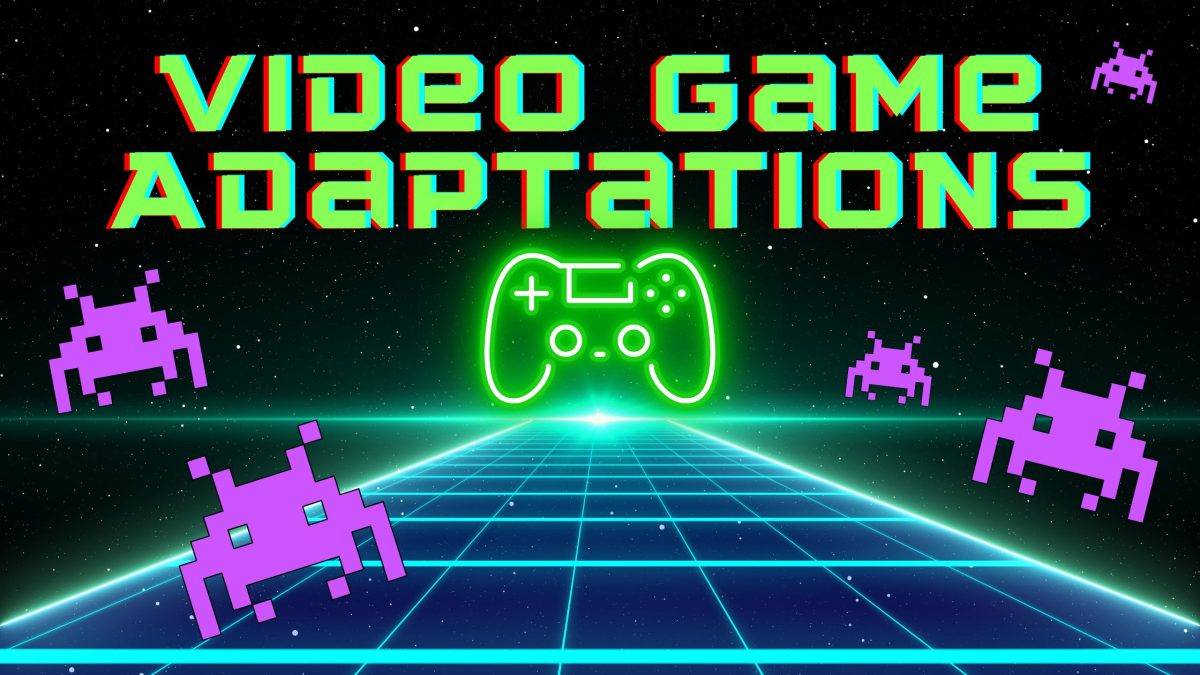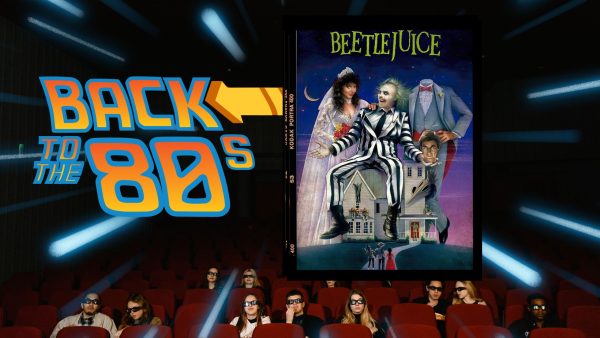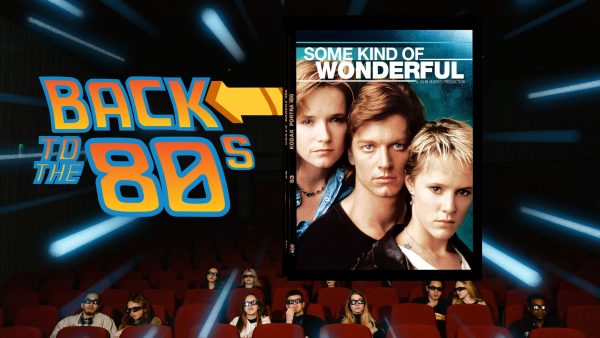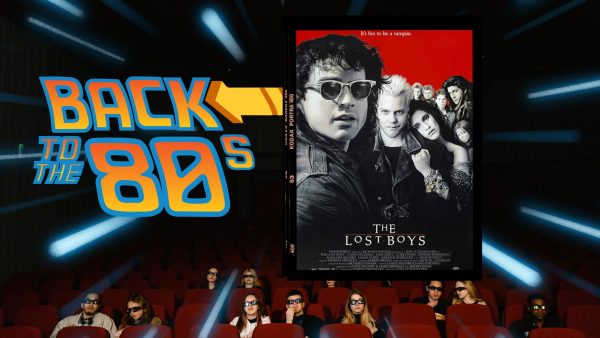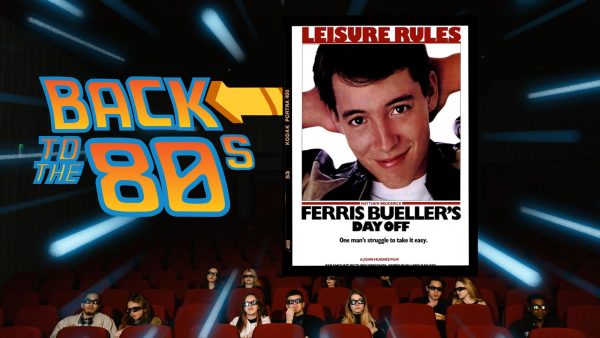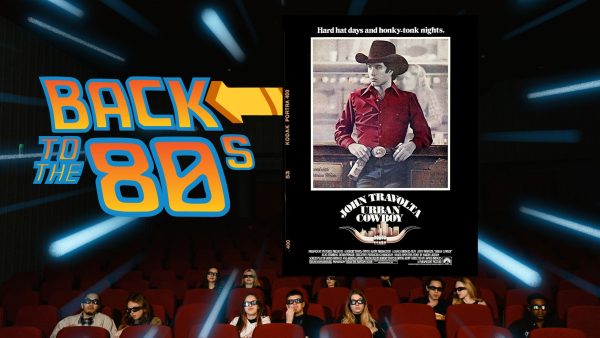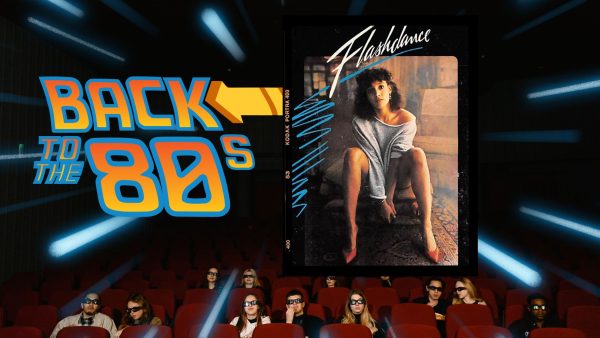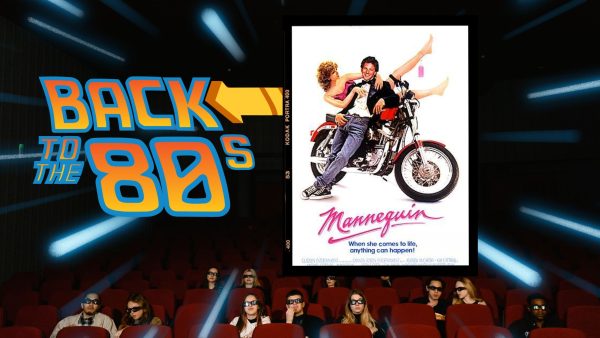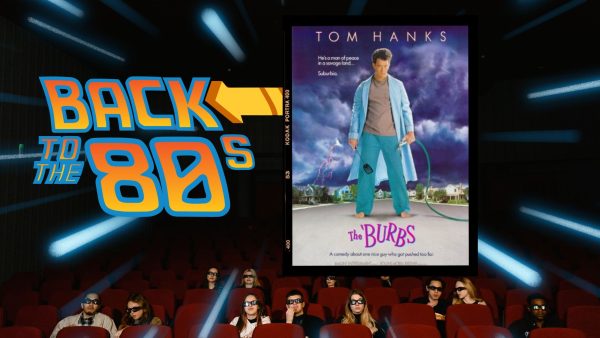Technology is distancing us
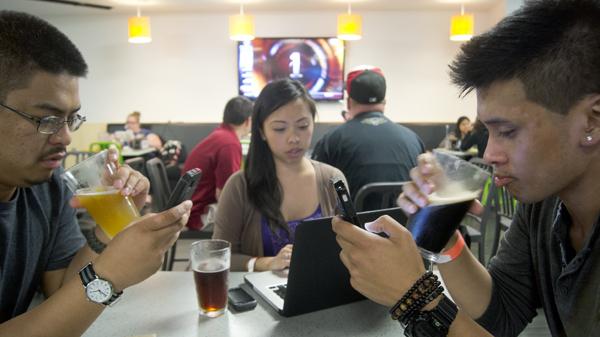
No two things bring people together quite like beer and technology.
November 14, 2012
Connecting through social network sites may be great for staying caught up with distant friends and family, but allowing these sites to impede on time spent interacting with people in person has negative implications.
People walk around campus with their eyes fixated on the mobile device in their hands, rather than make eye contact with their peers or strike up a conversation with someone they haven’t met.
It’s become the norm in our society, especially for the younger generations, to sit on a computer alone and chat with our friends virtually instead of putting effort into making a phone call.
But even when we do manage to release ourselves from the attractive computer screen, it’s never a surprise to see friends in each other’s presence but staring at their respective phones.
Out of 50 Sacramento States students polled on campus more than 80 percent admitted to either texting, checking Facebook, Instagram or Twitter while they were with a friend or family member.
But over half of these students also felt offended when they didn’t have someone’s full attention because said person was glued to their phone or computer.
Society seems to have become very comfortable with interacting with people without actually seeing them physically.
Even though we are more connected online than ever before, this reliance has made us socially awkward in person.
“I use Twitter and Instagram a lot more than I go on Facebook, but I do get annoyed when I’m hanging out with friends in person and they’re more interested in what’s going on on their phone,” sociology junior Simone Burns said.
Burns admits that she doesn’t like to go on Facebook often because of the information overload people engage on her news feed.
“Sometimes I go on to see how people are doing but it just gets old when you realize they aren’t even in your daily life,” Burns said. “Keeping myself updated with how they’re doing is pointless, unless we’re really close.”
A study conducted earlier this year by sociologists at Utah Valley University found a correlation between Facebook users’ outlook on their lives and the amount of time they’re on the site.
The Utah study found that users who spent more time on the site were unsatisfied with their lives compared to their friends’.
But comparing yourself to the images you see on a screen is unhealthy, even when it’s your friends instead of celebrities.
People need to understand although using social networking is great for keeping in touch and killing time, it’s also important to unplug ourselves every now and then because we’re more than online avatars.
It’s too easy for people to just spend an entire day not physically speaking to another individual, but making online connections is not the same as actually establishing a relationship with someone in person.
Ten years ago, even before the days of MySpace, kids would venture outside of their homes and spend time with their friends by playing sports or going to the movies.
But now even some kids in elementary school are online and would rather spend time IM’ing friends or stalking posts on Facebook than going out to play.
Kids are being raised in a world where it’s acceptable to become detached from physical interactions if they’re keeping up with what’s trending online.
But Ferris Bueller had the right idea when he said, “Life moves pretty fast. If you don’t stop and look around once in awhile, you could miss it.”
As the outlets for social networking expand it’s more important than ever society recognizes the need to appreciate what’s going on around us.
“When I went to my sister’s graduation I posted a status on Facebook about it because I was so proud of her,” Burns said. “But I almost missed seeing her grab her diploma because I was checking who liked and commented on that status.”
Looking back on the moment Burns laughed at the thought of how infatuated social networks make people, especially during important events.
“It’s like you want to share with the world whenever you’re doing something fun or important, but then you get sucked into updating yourself on how people are reacting to what you shared,” Burns said.
If society is willing to loosen the grip social networking has, then people may return to the days when keeping in touch didn’t just mean becoming friends on Facebook.
Unplugging from social networks not only will make us better friends in real life, but we also won’t run the risk of missing those moments cherished for a lifetime.
Samantha can be reached at: [email protected]







































































